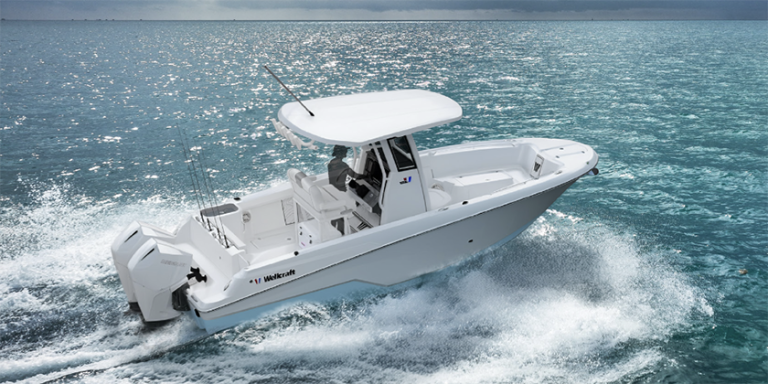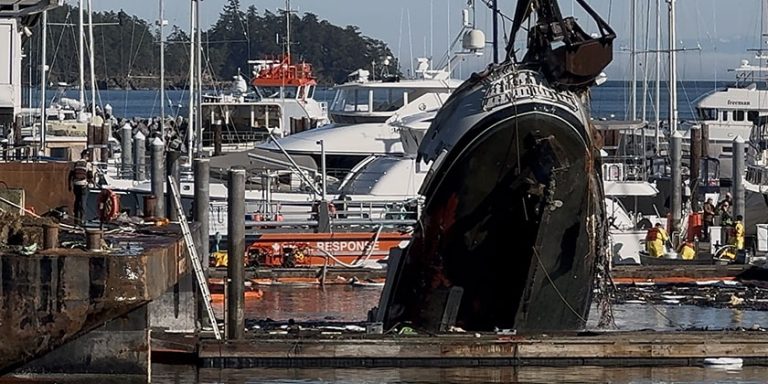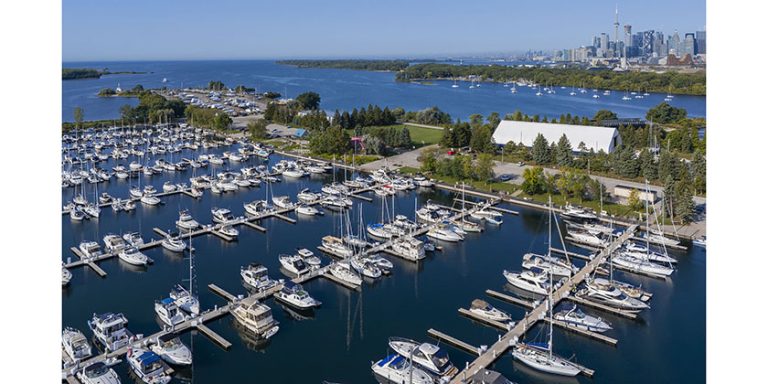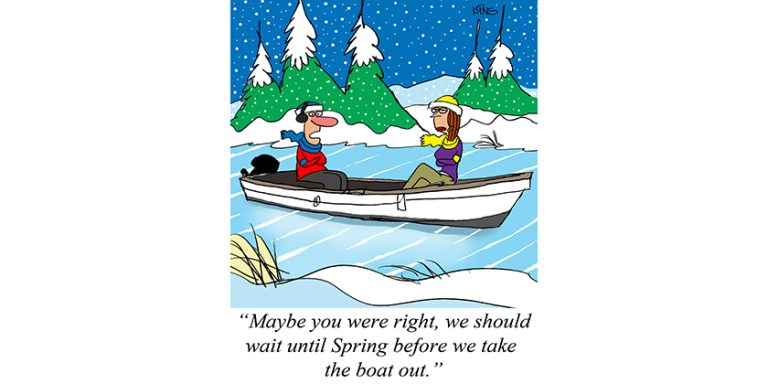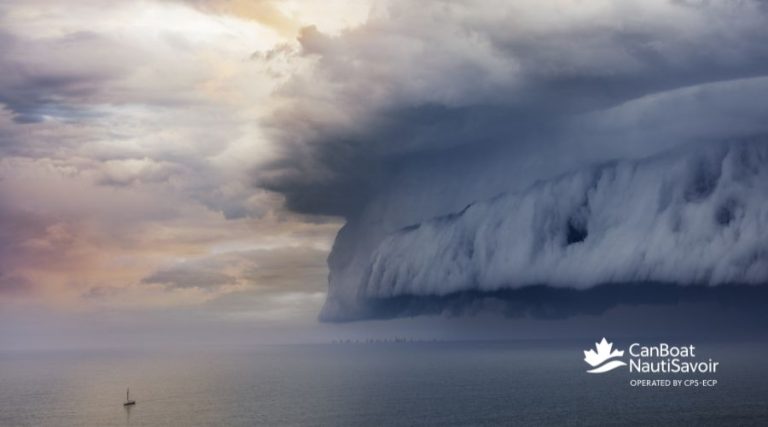Distress Flare Disposal Ongoing Update
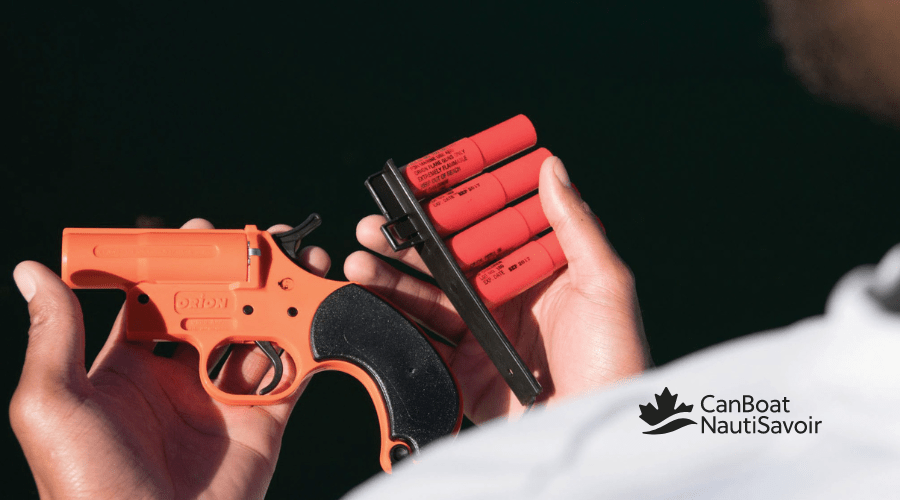
June 18, 2024
Canadian Boating Onboard Digest recently featured a story from CanBoat (formerly Canadian Power and Sail Squadrons) that funding had been cancelled for their Flare Collection Day program.
With members across Canada volunteering their help at many locations, CanBoat had collected some 200,000 pyrotechnic distress signal flares over the past decade. CanBoat worked closely with CIL Explosives in Lachute QC to properly dispose of them at no cost to boaters. That has been a great benefit to the many boat owners who are required by Transport Canada Federal regulations to carry flares that typically, expire after 4-years. There are significant fines for not having the required safety equipment onboard, so new flares are required every four years.
Expired flares can leak toxic chemicals and even just handling flares requires some care and caution. Setting off a flare is strictly forbidden unless it is for a genuine emergency. We were shocked when we received an email from a reader who said they just set their expired flares off on the 24th of May – that is NOT allowed!
Pyrotechnic distress signal flares are very dangerous and cannot ever be thrown into the household garbage. In the original story in Boating Industry Canada last week, CanBoat provided a CCTV security video of a worker at a municipal waste facility who found a flare in the garbage and when he picked it up, the flare went off with potentially deadly effect.
Flares should never be thrown overboard either – that would be an environmental disaster!
ENVIRONMENTAL ISSUES
The main components of pyrotechnic distress signal flares are strontium nitrate, potassium perchlorate or potassium nitrate, and magnesium. These chemicals and their potential to pollute drinking water as well as their explosive hazards, combine to make safe flare disposal a high priority.
But because expired flares are labeled as hazardous materials, disposal is very difficult. Most jurisdictions classify marine flares as explosive hazards and this classification restricts the allowable means of transportation for flares. Another contributor to the challenge of disposal is the solid propellant used for many flares, a chemical known as potassium perchlorate. Improper disposal could result in the contamination of drinking water.
The current means of pyrotechnic distress signal flare disposal are limited. Mainly they are disposed of through commercial hazardous waste disposal facilities. However, even these disposal methods are not necessarily safe nor are they available in every community.
THERE ARE SOLUTIONS
Some flare retailers will also accept expired flares for collection and they return those to the distributors who in turn, return them to the manufacturer, for example CIL Orion. This disposal is included in the manufacturer’s pricing structure but only for products they produce or sell. Steveston’s in BC recently held their annual flare collection.
Some marine retailers go the extra distance. For example, Fogh Boat Supplies at #1 Port Street East in Port Credit, Ontario responded to this story. They are holding a flare collection day on Friday, July 26 and Saturday, July 27 at their store. Customers can bring in up to 24 marine flares of any brand on those two days. It has to be an in-person drop off and no bulk drop-offs.
Ask your marine store if they have an expired flare day. It seems that some do and that might be the most convenient for boaters, but we have heard lots of confusing stories about disposal of expired flares. This may help.
In accordance with the Canadian Explosives Regulations, 2013, distributors of marine flares must accept the return of any marine flares sold by them that have expired. Here is the link to the regulation: https://natural-resources.canada.ca/our-natural-resources/minerals-mining/explosives-fireworks-and-ammunition/explosives/buying-selling-and-storing-low-hazard-special-purpose-explosives/buying-selling-and-storing-low-hazard-special#A4
Distributors of marine flares will typically accept their brand of flares at no cost for disposal but may charge for the cost of shipping the product to their warehouse. Distributors will also likely charge a fee for the acceptance of flares that are not their brand. Retailers will generally accept expired flares and charge a fee for disposal. Check with your local retailer / distributor for their return policy. As this story evolves, Canadian Boating will publish a list of marine retailers who accept expired flares. If you are a marine retailer accepting expired flares, please email aadams@kerrwil.com .
Police, fire halls, and hazardous disposal locations operated by municipalities will generally no longer accept flares for disposal, but there might be some that continue to offer disposal service.
CHOOSE AN ALTERNATIVE
Can you choose an alternative to pyrotechnic distress signal flares?
Actually, yes. The Small Vessel Regulations were recently amended to provide people with the option to carry certain Electronic Visual Distress Signal Devices (eVDSDs) in lieu of Pyrotechnic Distress Signals on pleasure craft but since these lights are not effective in daylight, boaters are still required to carry hand-held smoke flares for daylight emergencies. One supplier of approved eVDSDs is Sirius Signal (www.siriussignal.com) . Check the Transport Canada website for the most up-to-date regulations.
THE LAST WORD
The good news is that you can choose to get your pyrotechnic distress signal flares from sources that will facilitate their safe return on expiry. And, you can choose to carry an eVDSD.
But for most, regulations require boat owners to carry pyrotechnic distress signal flares and the chemicals used in their manufacture expire after about four years. We have many more expired flares than we have convenient ways to dispose of them. Improper disposal is an environmental and personal safety problem and we need to take these issues seriously. Complicating the situation is that Canada is a huge place and services vary widely, but transporting expired flares is expensive yet necessary.
That brings us full-circle to the concerning news that the government funding to CanBoat for their very convenient and effective pyrotechnic distress signal flare collection program has ended. Our readers may find it a sadly amusing fact to know that the USCG and other agencies in America are using the CanBoat program as a pattern to increase the proper disposal of distress flares in the United States. Perhaps this subject will be reconsidered in the near future.
For further information about CanBoat (Canadian Power and Sail Squadrons) visit: www.cps-ecp.ca .


